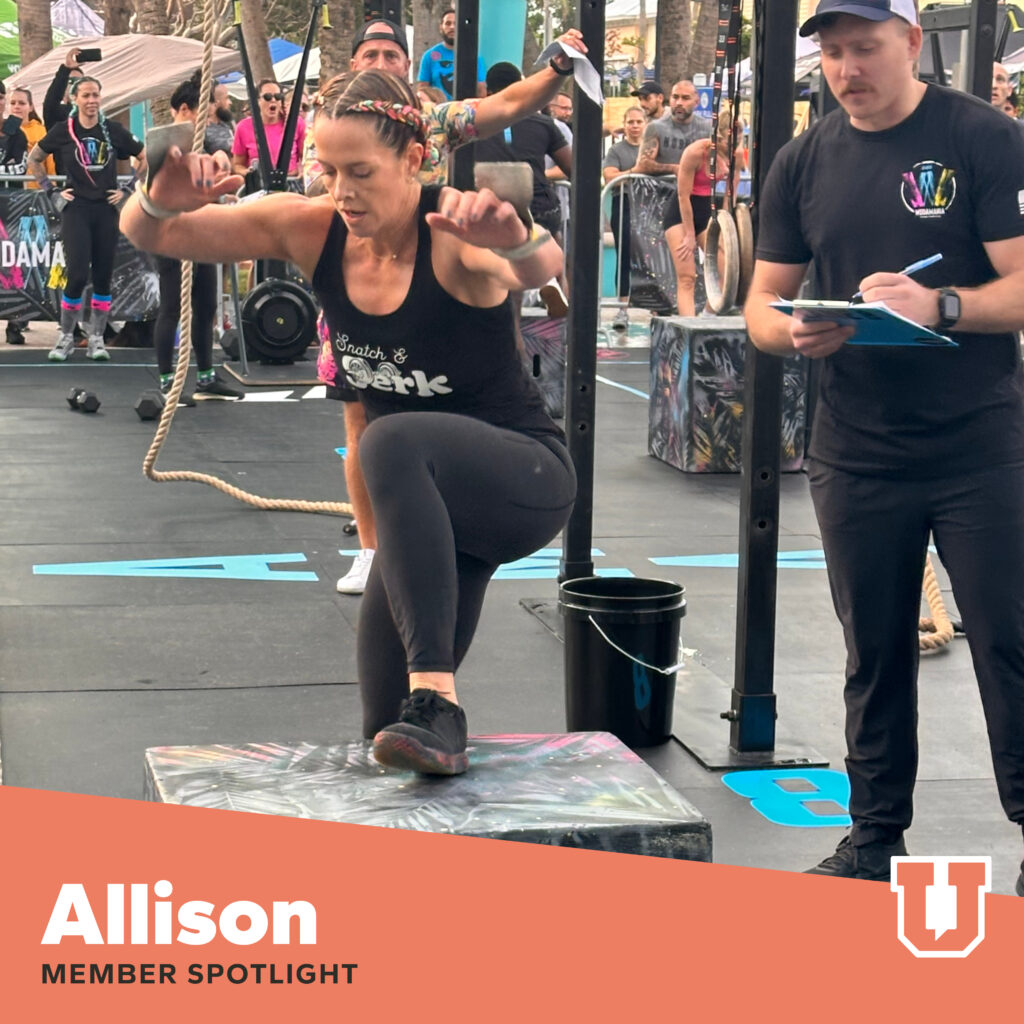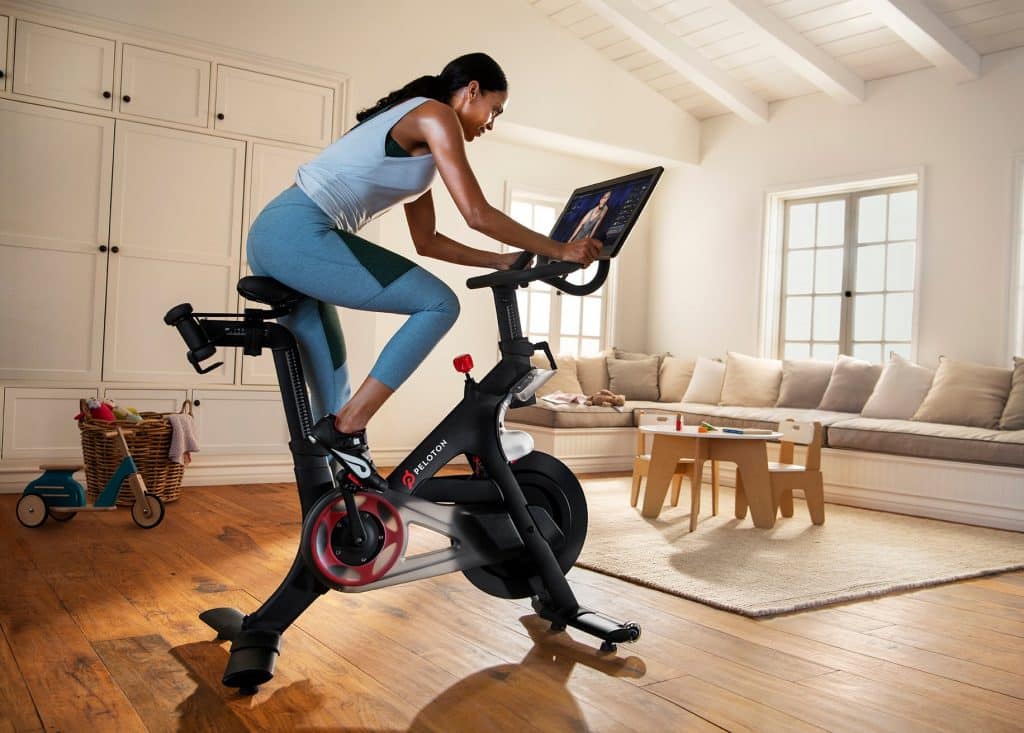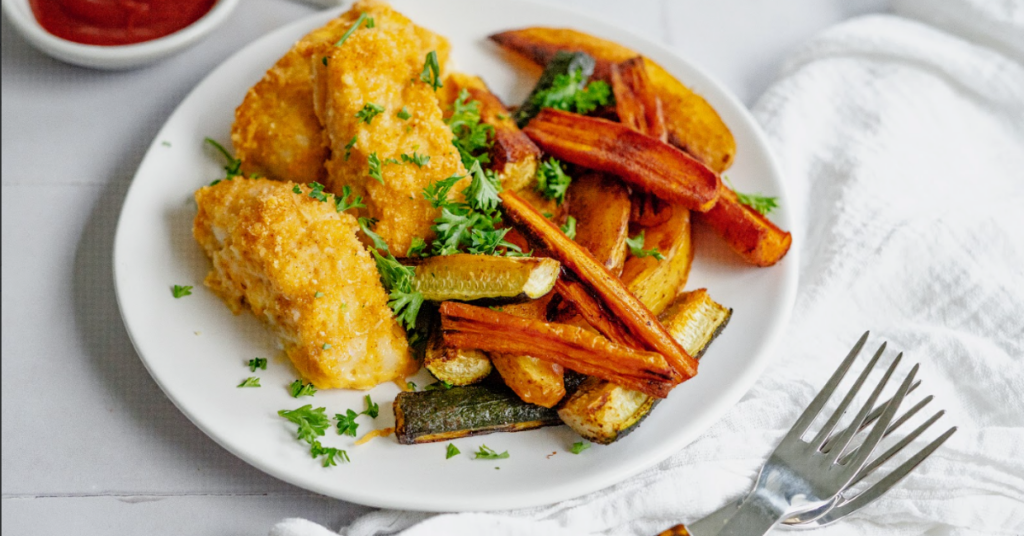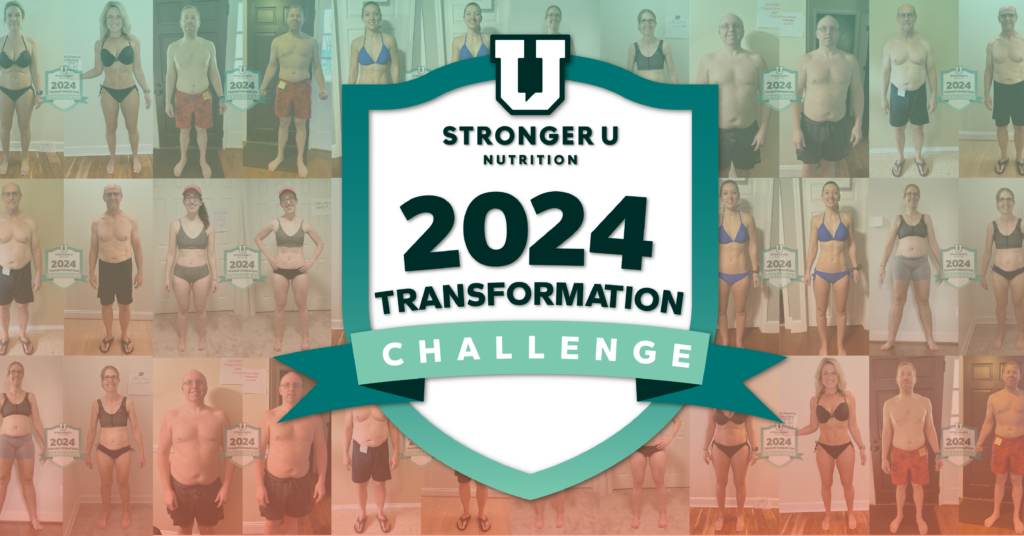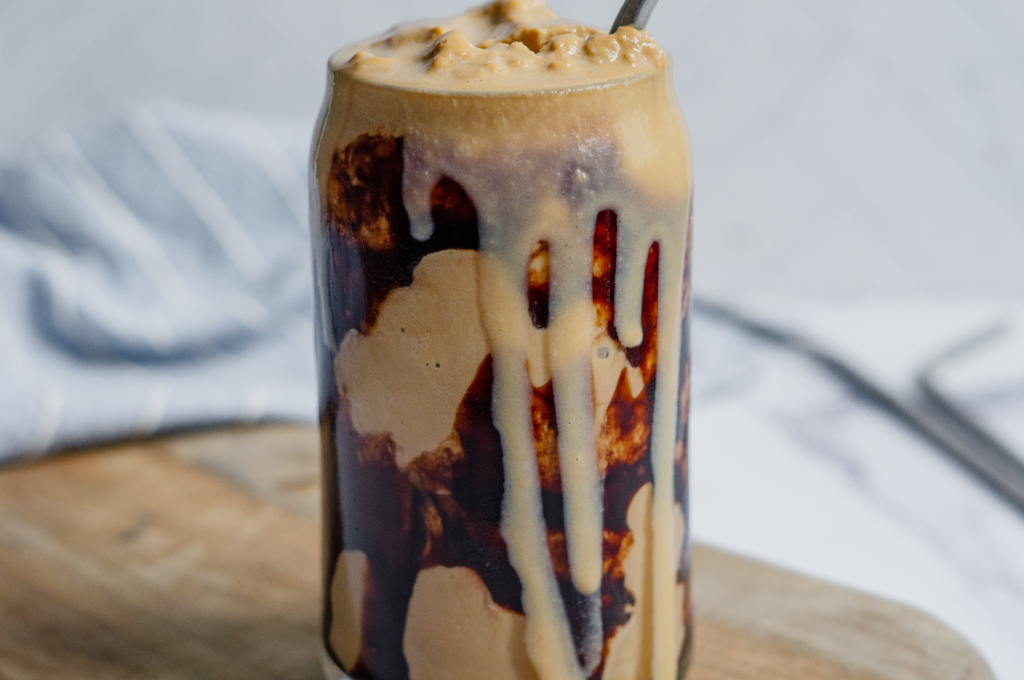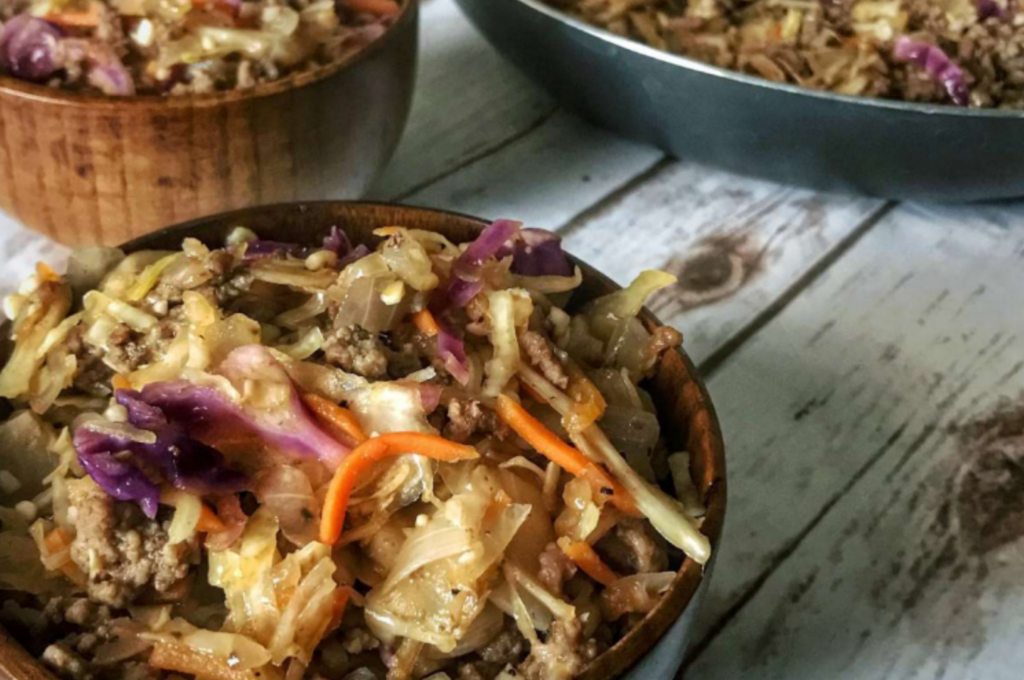How to Fuel Before and After Your Workouts for Maximum Results
Taking a strategic approach to nutrition is crucial to getting the most out of your exercise effort and achieving your body composition and performance goals. Whether you’re an elite athlete, recreational athlete, weekend warrior, or get to the gym to meet the recommended minimum activity requirements, having a basic understanding of how to fuel your body properly can make a difference in how you feel before, during, and after workouts. While there are no right or wrong foods, the goal is to provide your body with the essential nutrients at the optimal times to enhance your performance, provide energy, support muscle growth, and aid recovery.
Below, we cover how to approach food and hydration before and after exercise.
Pre-Exercise: What to Eat Before a Workout
The most important aspect of a nutrition strategy to best fuel your workouts is having a well-rounded plan that provides adequate daily nutrition. This is crucial for having enough energy and nutrient support for recovery. However, to maximize performance and results, pre-exercise fuel can have an impact.
You may have already guessed this, but the short answer to what you should eat before a workout is…. carbs! You may already know carbohydrates provide energy, but let’s go deeper into why they’re beneficial.
The Benefits of Eating Carbs Before a Workout
Enhanced Output During Exercise
All three macronutrients, carbs, protein, and fat, provide your body with energy from food. However, carbs are the best choice pre-workout because they are quicker to digest. Eating enough carbs in general (not just before exercise) provides energy to get through a workout and perform optimally. Even if someone has fat loss or body composition goals, having more energy will help with those goals by using performance as a proxy for an improved physique. That means better workouts and better performance to achieve your goals!
Feeling Stronger and Faster
RPE (rate of perceived exertion) is a subjective rating on a numerical scale of how hard we feel something is. The days where our legs feel heavy, or an exercise feels more challenging are examples of RPE increasing. Our personal RPE will vary from another person doing the same workout, and our RPE on the same task can change daily based on internal and external factors. One of the influences of RPE is, of course, our nutrition. “Carbohydrate intake during exercise can delay the onset of fatigue and improve performance of prolonged exercise as well as activity of shorter duration and greater intensity (e.g., continuous exercise lasting about one hour and intermittent high-intensity exercise). (GSSI, 1)
Improved Energy Levels
If you’re someone who doesn’t want to eat a lot of carbs overall, prioritizing carbs around workouts may help you manage how you feel during the day and in between workouts. If you’re someone who doesn’t eat many carbs to begin with, experiment with how it feels to eat more before your workouts and assess your energy levels.
Pre-Exercise Meal Tips
It’s important to note that if you are someone that works out first thing in the morning and you don’t want to eat beforehand, that is OK! Your body can use the energy from the fuel you have stored from the previous days. If you workout in the morning and want to have something light before your workout, a small mostly-carb snack like a granola bar or piece of toast will be the best option.
Consume Fast-Digesting Carbs to Maximize Quick Energy
The fastest-digesting carbohydrates are referred to as “simple” carbohydrates and their primary advantage is their ability to provide immediate energy by quickly delivering glucose to your bloodstream. These carbs are typically found in breads, cereals, fruits, crackers, pretzels, etc. While simple carbs may get a bad reputation, they offer the preferred energy source for higher-intensity, short-duration activities like sprinting, weightlifting, or interval training. Complex carbohydrates, on the other hand, release energy more slowly.
Choose Low Fiber, Low Fat Before Exercise
When consuming a high-fiber or high-fat meal, digestion takes much longer and can cause GI upset or bloating before a workout. Slow digestion can be advantageous outside of workout times when fiber and fat are needed to make a well-rounded meal or daily nutrition plan, but try to keep these foods away from training time.

Pre-Exercise Meal Timing
For most types of exercise, it’s recommended that you eat about 1-2 hours prior.
For a 30-Minute to One Hour Session:
Typically, ~30g of carbs for a half-hour to an-hour training session will be enough for some, and others will feel better with more.
For a Session Lasting Longer than Two Hours:
If you’re working at a higher intensity or longer duration, have another serving of carbs during your session to keep energy levels high. This is where strategy and experimenting with your plan and training are important.
Post-Exercise: What to Eat After a Workout
Regardless of the types of workouts, prioritizing protein post-exercise is paramount to muscle, metabolism, and overall short and long-term health. Consume a protein-rich meal or snack within 30 minutes to an hour after exercising. Combining carbs and protein in your post-workout meal after higher-intensity or longer-duration activities is important. Research shows that consuming at least 30 grams of protein after exercise has the most beneficial impact on stimulating muscle growth. Examples of great, high-protein post-exercise meals and snacks include a protein shake with banana, chicken breast with sweet potato, or Greek yogurt with fruit.
Effective Hydration Strategies Before, During and After Exercise
Recommended daily water intake varies depending on factors such as age, activity level, and climate. Aiming for eight 8-oz servings or 2 liters per day is a good general recommendation. Another way to have a slightly more personalized goal is to consume the number of ounces of water per day that is equivalent to your body weight in pounds divided by 2 (for example, if you weigh 150 lbs, aim for 150lbs/2 = 75 ounces of water per day.)
Below are some general guidelines for staying hydrated before, during, and after your workout.
Pre-Exercise Hydration:
- Drink water throughout the day to stay well-hydrated.
- Consume about 17-20 ounces of water 3-4 hours before exercising.
- Consider including a small amount of electrolytes if your workout is intense, prolonged, or in the heat.
During-Exercise Hydration:
- If you’re exercising longer than 30 minutes, sip water regularly. About 4-8 oz of water every 15-20 minutes during your workout, especially in longer sessions.
- For intense or hot workouts, you may need a sports drink to replenish electrolytes.
Post-Exercise Hydration:
- Continue to hydrate after a workout to replace any fluids you lost.
- For a more precise estimate of how much water you should drink, it’s recommended to weigh yourself before and after your workout. You’ll want to drink 16-24 oz of water for every pound lost.
Sources of Hydration
I have some good news if you’re not a huge fan of water! Hydration and fluids can come from many different sources. “Approximately 80% of daily water needs are provided by fluids ingested during the day, and the remaining 20% comes from water found in food.” (2)
Additional sources include:
- Soups/broth
- Ice cream/ice pops/sorbets
- Infused water with fruits or herbs can add flavor and encourage hydration.
- Teas/coffee
- Food sources: fruits, vegetables, and milks
- Sports drinks provide electrolytes and/or carbohydrates
- Seltzer/soda water
To learn more about the importance of hydration and electrolytes, check out this blog.
Key Takeaways
The foods and drinks you consume before and after exercise can have an impact on your performance and recovery. If you’re not sure what to focus on when it comes to your pre- and post-workout nutrition, start with these:
- Eat primarily carbs before workouts to maximize energy available and performance optimization.
- Consume at least 30 grams of protein post-exercise to support muscle growth and recovery.
- Stay well-hydrated with adequate fluid intake before, during, and after exercise to support energy levels, physical performance, and overall health.
For a personalized nutrition plan to optimize your workouts, become a Stronger U member and work with a dedicated coach who can give you the tools to level up your performance. Schedule a free consultation with a Coach Concierge to learn more about how a Stronger U Coach can help you reach your goals.
References
Asker Jeukendrup, PhD, FACSM School of Sport and Exercise Sciences University of Birmingham United Kingdom. GSSI. VOLUME 20 (2007) n Number 3 “CARBOHYDRATE SUPPLEMENTATION DURING EXERCISE: DOES IT HELP? HOW MUCH IS TOO MUCH?”
Caris AV, Thomatieli-Santos RV. Carbohydrate and Glutamine Supplementation Attenuates the Increase in Rating of Perceived Exertion during Intense Exercise in Hypoxia Similar to 4200 m. Nutrients. 2020 Dec 11;12(12):3797. doi: 10.3390/nu12123797. PMID: 33322280; PMCID: PMC7763460.
Burke LM, Angus DJ, Cox GR, Cummings NK, Febbraio MA, Gawthorn K, Hawley JA, Minehan M, Martin DT, Hargreaves M. Effect of fat adaptation and carbohydrate restoration on metabolism and performance during prolonged cycling. J Appl Physiol (1985). 2000 Dec;89(6):2413-21. doi: 10.1152/jappl.2000.89.6.2413. PMID: 11090597.
Phillips, Stuart M. “A Brief Review of Higher Dietary Protein Diets in Weight Loss: A Focus on Athletes.” Sports Medicine (Auckland, N.z.) 44 (2014): 149 – 153.
Antonio, Jose et al. “Effects of Dietary Protein on Body Composition in Exercising Individuals.” Nutrients 12 (2020): n. pag.
Phillips, Stuart M. “Dietary protein for athletes: from requirements to metabolic advantage.” Applied physiology, nutrition, and metabolism = Physiologie appliquee, nutrition et metabolisme 31 6 (2006): 647-54 .
Elango, Rajavel et al. “Evidence that protein requirements have been significantly underestimated.” Current Opinion in Clinical Nutrition and Metabolic Care 13 (2010): 52–57.
Bilsborough, Shane A and Neil J. Mann. “A review of issues of dietary protein intake in humans.” International journal of sport nutrition and exercise metabolism 16 2 (2006): 129-52 .
Burke, L. (2019). Clinical Sports Nutrition.
Institue of Medicine. Dietary Reference Intakes for Water, Potassium, Sodium, Chloride, and Sulfate. Washington, DC: National Academies Press; 2004.
Sekiguchi Y, Benjamin CL, Butler CR, Morrissey MC, Filep EM, Stearns RL, Lee EC, Casa DJ. Relationships Between WUT (Body Weight, Urine Color, and Thirst Level) Criteria and Urine Indices of Hydration Status. Sports Health. 2022 Jul-Aug;14(4):566-574. doi: 10.1177/19417381211038494. Epub 2021 Aug 31. Erratum in: Sports Health. 2022 Apr 25;:19417381221084711. PMID: 34465235; PMCID: PMC9214901.
GSSI. (2005). Hydration Assessment of Athletes. Sports Science Exchange, 97, 18(2). Retrieved from https://www.gssiweb.org/sports-science-exchange/article/sse-97-hydration-assessment-of-athletes
Health.gov https://health.gov/sites/default/files/2019-09/Appendix-E3-1-Table-A4.pdf



